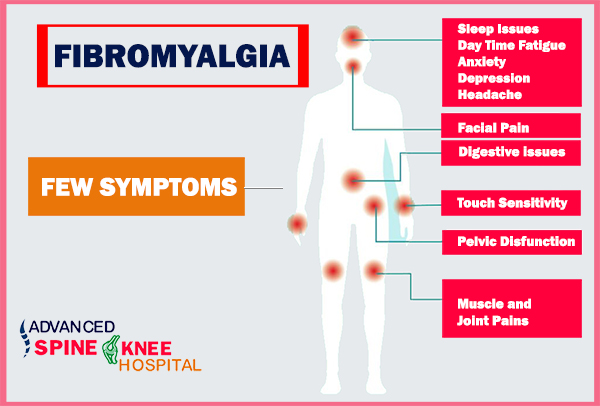The Ultimate Guide To Fibromyalgia - Johns Hopkins Medicine

The 9-Minute Rule for Neck Pain from Fibromyalgia - Spine-health

Although it's still unclear why this happens, scientists are checking out the possibility that a person of the underlying mechanisms the three conditions might share is central sensitization. Learn More Here by Cindy Chung, Verywell Central sensitization is associated with a number of illnesses, consisting of mental health conditions, and takes place after repeated direct exposure to specific stimuli like touch, noise, light, temperature level, fragrance, and chemicals.

PDF) Fibromyalgia in migraine: A retrospective cohort study
Researchers are still attempting to comprehend precisely what triggers main sensitization, but it appears to have both a biological and a psychosocial basis. So far, the hypotheses include: Swelling Dysregulation in the pathways of the central nervous system A dysfunctional tension reaction system, particularly in the hypothalamic-pituitary-adrenal (HPA) axis Dysregulation of the free worried system, which controls automated functions such as breathing, heart rate, and food digestion Modifications in how the brainstem processes stimuli One symptom of main sensitization is called, a type of discomfort that happens in action to a stimulus that wouldn't generally cause pain, normally touch.

Fibromyalgia and Headache Disorders - TheraSpecs
It will be intriguing to see what future research on the link between migraine, fibromyalgia, and persistent tiredness syndrome reveals, especially as it connects to central sensitization. Treating Headaches & Migraines Since treating fibromyalgia and ME/CFS involves handling your signs, continuing top of your head discomfort is important. The types of headaches that might exist in fibromyalgia and ME/CFS include stress headaches and migraines.
How About Fibromyalgia, Chronic Fatigue Syndrome and Migraine can Save You Time, Stress, and Money.
Non-prescription Medications Over the counter drugs for dealing with headaches and migraine consist of: Non-steroidal anti-inflammatory drugs (NSAIDs), such as Motrin (ibuprofen), Aleve (naproxen), and aspirin, Discomfort reducers like Tylenol (acetaminophen) and Excedrin (aspirin/paracetamol/caffeine) Of these, Tylenol may be the least reliable versus serious headaches. Prescription Medications Health care suppliers sometimes prescribe medications for migraines when over-the-counter medications just don't suffice.
Medications Medications that your doctor can prescribe to help in reducing the frequency of your migraines consist of: Biologics, such as Aimovig (erenumab) and Ajovy (fremanezumab-vfrm) Beta-blockers like Inderal (propranolol), Toprol (metoprolol), and timolol Antidepressants, such as amitriptyline Anticonvulsants like Neurontin (gabapentin), Depakote (divalproex), and Topamax (topiramate) A few of these abortive and preventive medications are also used to deal with signs of fibromyalgia and chronic tiredness syndrome, so one treatment may assist several conditions.
